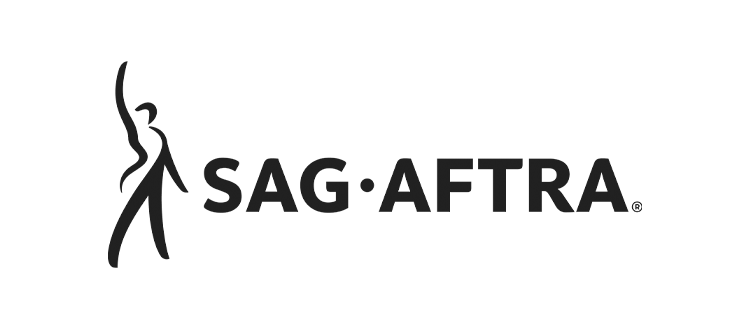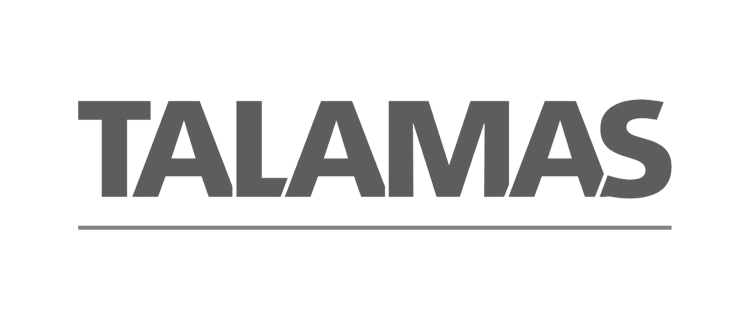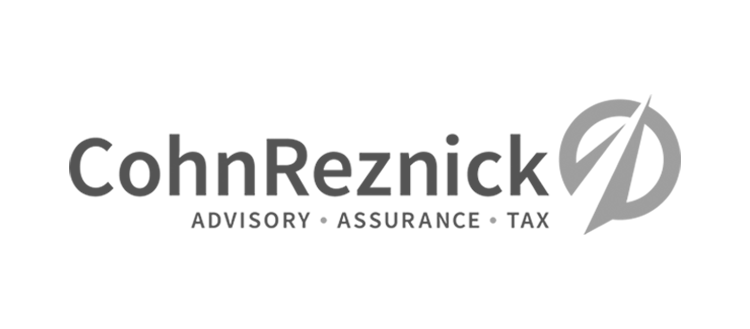Public Health Resources
Massachusetts Department of Public Health
Updated daily with the latest information about COVID-19 in Massachusetts.
COVID-19 State Resources & Updates
mass.gov/resource/information-on-the-outbreak-of-coronavirus-disease-2019-covid-19Guidance and recommendations for: Employers and Businesses
mass.gov/info-details/covid-19-guidance-and-recommendations#for-businesses/employers
Centers for Disease Control (CDC)
COVID-19 Website
cdc.gov/coronavirus/2019-ncov/about/index.htmlOverview of COVID-19 ‘What to Do if You are Sick with COVID-19’
cdc.gov/coronavirus/2019-ncov/downloads/sick-with-2019-nCoV-fact-sheet.pdf
Coronavirus Prevention for the Motion Picture Industry: Best Practices
Paul Heinzelmann, MD, MPH Updated: March 12, 2020
What are the characteristics of COVID-19 as we know them today?
Symptoms: fever, cough, shortness of breath are most common. Transmission: droplets (thankfully not airborne like measles or TB). Incubation period (period before symptoms start): 2-14 days. Outcomes:
Mild disease with full recovery: approximately 80%
Serious illness: 16%
Severe complication rate (ex. ARDS): 5%
Death rate: 1-3% (may be overestimated due to limited testing)
Greatest risk for those over age 60 and those with chronic illness.
What to do if you become sick
Don’t be stoic. Notify someone higher in the food chain that you are not feeling well.
Wear a facemask and self-isolate if you have flu-like or even mild cold symptoms (i.e. fever, cough, sore throat, runny nose).
Stay 6 or more feet away from others.
Cough and sneeze in your elbow or a tissue.
If need be, call a doctor first, don’t just go to a doctor’s office or ER.
Consider using a telemedicine virtual visit or house call if that’s an option.
Check local hospitals/health departments for coronavirus hotlines or websites for assistance.
Note: commercially available diagnostic testing for coronavirus by nasal/throat swab will soon be an option and will no longer depend on processing at public health offices.
Don’t forget about the risk of influenza.
Prevention Best Practices
Individuals
Wash hands frequently and for at least 20 seconds with soap and water and/or hand sanitizers that contain at least 60% alcohol.
Clean your common surfaces frequently with disinfectants.
Avoid handshakes and touching your face, eyes, nose and mouth.
Avoid sharing food, cups and utensils.
Use social distancing and stay at least six feet away from people who are potentially sick.
Invest in a thermometer of your own.
Masks - but only if you are sick.
Self-quarantine if you have been exposed to someone with COVID-19 or travelled to one of the growing list of Level 3 risk countries (See CDC website).
Get the flu vaccine if you haven’t. The risk of influenza is still real.
Stay informed by reviewing the CDC’s coronavirus website.
Production Executives, Managers and Coordinators
Instill a health & safety-focused culture, and distribute these prevention best practices to the entire cast and crew.
Insist that people stay home if they are even mildly ill - but particularly if they have a cough or fever.
Purchase and distribute an abundance of hand sanitizers for cast and crew.
Make sure the set medic, safety officer, UPM, AD, stunt coordinator and any others responsible for health & safety are up-to-date on the topic of coronavirus and can act as reliable health advocates.
If you can, provide a supply of surgical masks to the set medic to distribute as needed.
Get and place extra sinks if you can.
Assign specialized production janitors/sanitizers to the crew roster to service all departments with EPA-approved disinfectants.
Minimize human congregation and avoid air travel whenever possible.
Consider teleconferences & virtual meetings (i.e. Zoom) rather than face-to-face communication.
Pre-arrange options for local healthcare services; medical offices, hospitals, house call services, telemedicine/virtual care for people who do get sick.
Consider connecting with your local public health department to develop a plan if multiple people become ill during the production.
Recognize that these are unusual times, and prepare for the use of insurance days.
Paul Heinzelmann, MD, MPH is a Primary Care and Urgent Care physician at Massachusetts General Hospital, Instructor, part-time at Harvard Medical School, and the founder of SetMD, a practice dedicated to providing care to the motion picture industry. www.SetMD.org



























